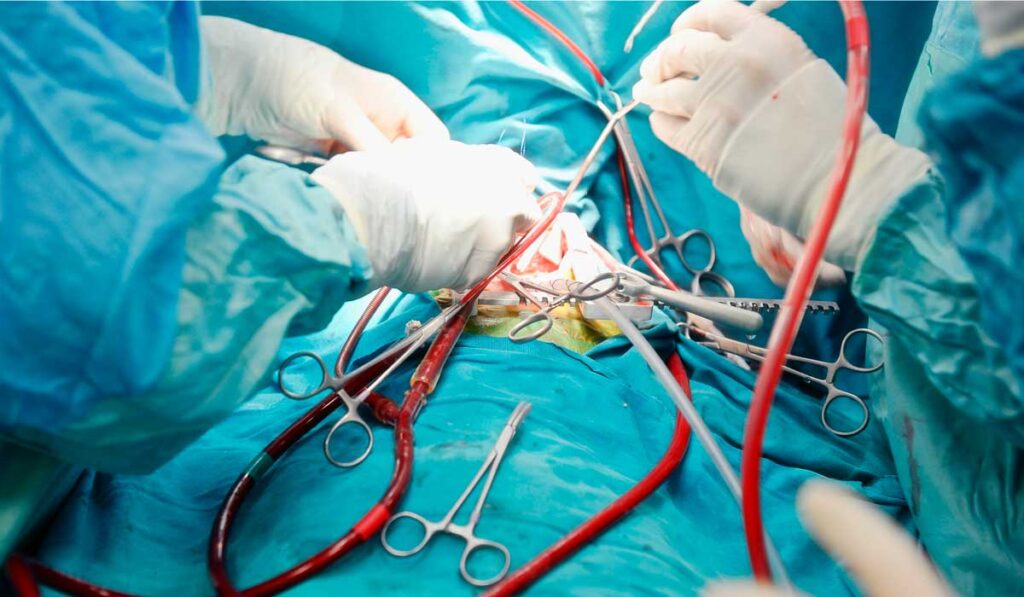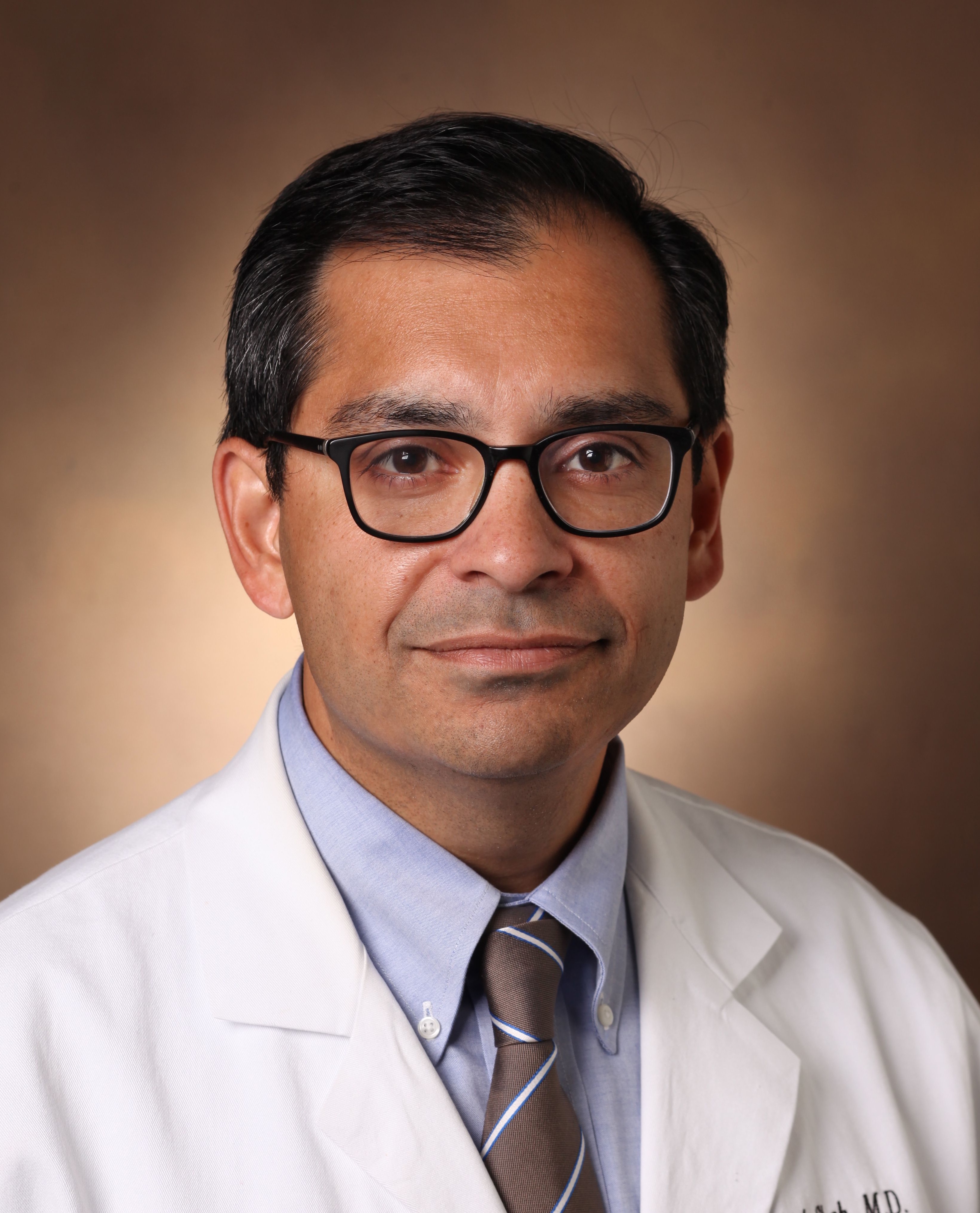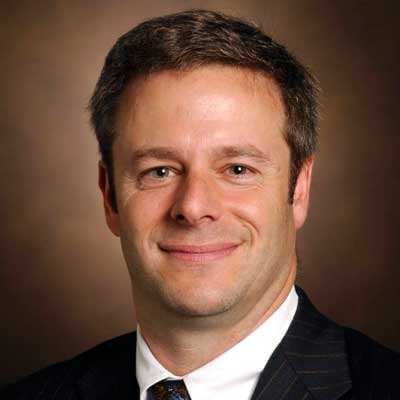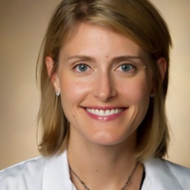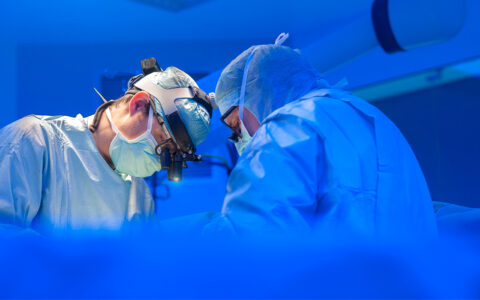Last year, Vanderbilt University Medical Center became the world’s leading center for heart transplantation, with 124 adult and 23 pediatric patients receiving new hearts, and one adult successfully undergoing the first heart-lung transplant at Vanderbilt since 2006.
“The COVID-19 pandemic forced our team to make difficult choices about heart transplantation as a priority,” said Ashish Shah, M.D., Alfred Blalock Director and Chairman of cardiac surgery at Vanderbilt. “With each challenge, this team, along with Vanderbilt senior leadership, found innovative solutions to allow for safe transplantation.”
Increasing Numbers Amid the Pandemic
In 2020, 3,492 candidates were accepted to the U.S. heart transplant waitlist, and 3,658 transplants were performed. In 2020, a year when deceased donor recovery declined 26 percent nationwide due to COVID-19, Vanderbilt increased its number of transplants by 25 percent.
Innovative tools for extending the transplant window and providing perioperative support have broadened the pool of viable candidates. Capitalizing on these, the Vanderbilt transplant teams are on a mission to close the gap between supply and demand.
“With each challenge, this team, along with Vanderbilt senior leadership, found innovative solutions to allow for safe transplantation.”
“World-class research and innovation are being used to directly benefit patients in our community and help others across the world use new techniques and technologies to help their patients,” said Seth Karp, M.D., director of the Vanderbilt Transplant Center.
Addressing Rising Supply and Demand
Demand for heart transplantation is rising, led on the dark side by the opioid crisis and on the bright side by more children with congenital heart disease growing into adulthood. At the same time, new opportunities to utilize hepatitis C and deceased donor hearts have heightened organ availability over the past two years.
Shah says the advent of the TransMedics Organ Care SystemTM has expanded the pool approximately 20 percent by enabling “donation after cardiac death.” The system helps manage timing risks by warm perfusing the donor heart within minutes of explant and by measuring serum markers of injury. Particularly with the pandemic’s limitations on transportation, this option has had a significant impact on transplantation volume.
“World-class research and innovation are being used to directly benefit patients in our community.”
A Time-tested Team
Since the program began in 1985, the Vanderbilt Transplant Center has performed over 1,500 procedures. The center currently provides ongoing care for over 600 heart transplant recipients, as well as multiple patients with advanced heart disease who are on the waitlist.
The team is raising survival rates above the national averages, Shah says, at the same time that they are including sicker candidates. This attests to advancements in the field, but also to the team’s maturity, he said. “Our success reflects many years of putting together the right elements of the teams – the surgeons, cardiologists, intensivists, organ procurement coordinators, preservationists, anesthesiologists, nursing staff, pharmacists, social workers and more.”
“Ours is an amazing team of individuals who have accomplished something truly extraordinary during what has been an extremely challenging year,” added Kelly Schlendorf, M.D., medical director of Vanderbilt’s adult heart transplant program. “I think we all have a lot to be proud of.”
